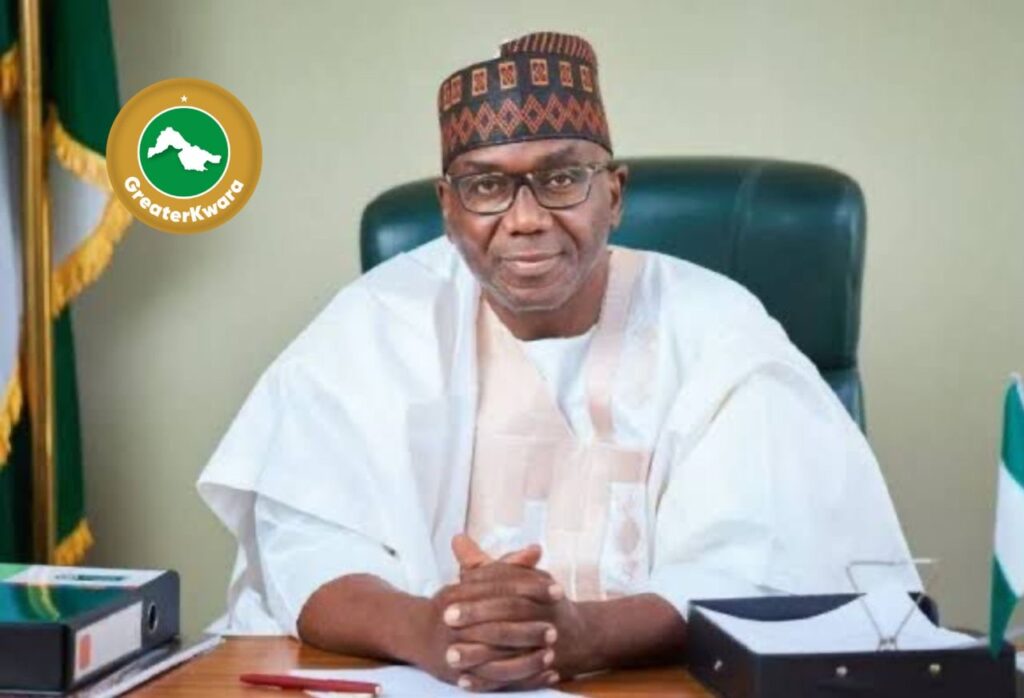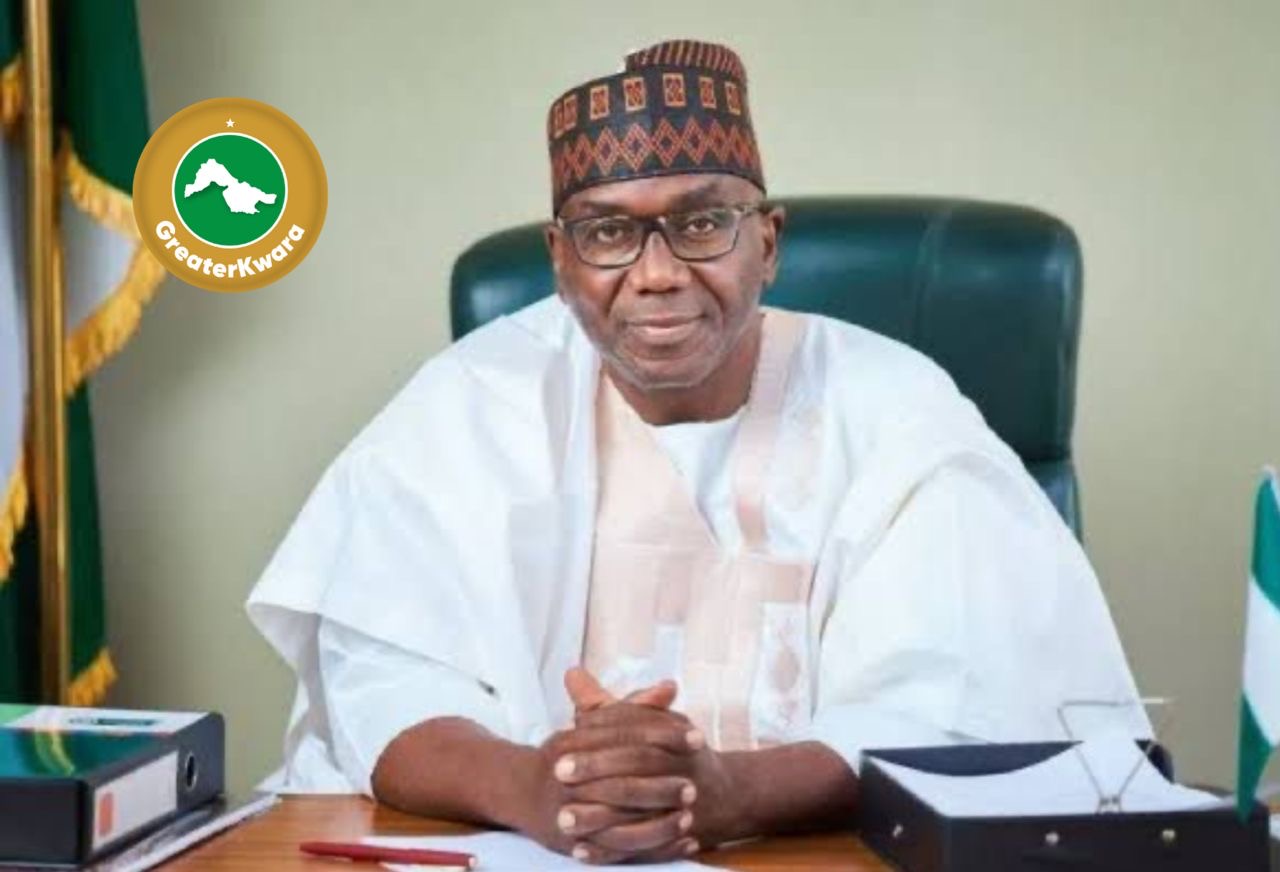The Yoruba people are full of proverbs, wise sayings that are not just wisecrack whips at the surface, they are words that rings across the halls of reasoning.
My people will say, ti o ba n tan eniyan je, o n tan ara e je ni, translated, it means “If you lead someone astray, you’re leading yourself astray too.” This adage encapsulates the folly of reverting to old, detrimental political practices—a folly embodied by the recent actions of the Kwara State chapter of the People’s Democratic Party (PDP).
The irresponsible conduct of the Kwara PDP, as evidenced by their attempt to manipulate the academic community for political gain, is a stark reminder of the dark era dominated by the Saraki dynasty—a time marred by corruption, nepotism, and political subjugation.
Like the proverbial dog returning to its vomit, regressing to the days of the Sarakis would be a grave mistake for Kwara State.
It’s a path that leads only to stagnation and regression, not progress.
The recent revelation of political inducements offered to students in exchange for support underscores the depths to which some politicians are willing to sink in pursuit of power.
Kwara cannot afford to be dragged back into the quagmire of patronage politics, where the welfare of the people takes a backseat to the interests of a select few.
We must reject this regression and embrace a new trajectory—one that leads upward, toward a brighter future for all Kwarans.
For the longest time, the Saraki hegemony cast a shadow over Kwara, stifling development and perpetuating a culture of dependency and servitude.
It’s a legacy that should serve as a cautionary tale, not a blueprint for governance. Those dark days represented a system where a select few prospered while the needs of the common man remained largely unmet.
The image of pensioners (owo arugbo) being forced to line up and receive their stipends by hand at the residence of the Sarakis, rather than through a dignified and transparent system, is a potent symbol of a bygone era.
Respect is earned, not demanded as a saying was defied in those dark days.
The current administration, under Governor Abdulrazaq Abdulrahman, seems to understand this principle. The only way forward for Kwara is to break free from the shackles of the past and chart a new course—one that prioritizes accountability, transparency, and inclusive governance.
Under the leadership of Governor Abdulrahman Abdulrazaq, Kwara has begun to break free from the stranglehold of the past.
His administration has embarked on a mission to rebuild and revitalize Kwara, focusing on key areas such as education, healthcare, and infrastructure development.
By prioritizing the needs of the people over political patronage, Governor Abdulrazaq is laying the foundation for a more prosperous and equitable Kwara.
However, the journey toward progress is not without its challenges.
The entrenched interests of the old guard, desperate to cling to power at any cost, continue to pose a threat to Kwara’s future. The recent antics of the Kwara PDP serve as a stark reminder that the forces of regression are still at play, seeking to drag Kwara back into the abyss of corruption and mismanagement.
But we must not be deterred.
The people of Kwara have shown time and again that they are resilient and determined to forge their own destiny.
As we look to the future, we must draw inspiration from our shared heritage and collective aspirations for a better Kwara.
We cannot allow ourselves to be manipulated by self-serving politicians who seek to divide us for their own gain.
Instead, we must unite behind a common vision of progress and prosperity for all Kwarans. We must hold our leaders accountable and demand transparency and integrity in governance. And above all, we must reject the politics of patronage and embrace a new era of inclusive and participatory democracy.
In the words of another Yoruba proverb, “Ibi ti agbara oju, a fi nso agbara ise.” Translated, it means “Where there is unity, there is strength.” Together, as one united people, we can overcome the challenges that lie ahead and build a brighter future for Kwara—one that is defined not by the mistakes of the past, but by the promise of tomorrow.
It is in our hands, but let us not forget the pains of the past as we make the decision of the future. This is why I beseech all Kwarans to be mindful of the choices that we make from here on out.

